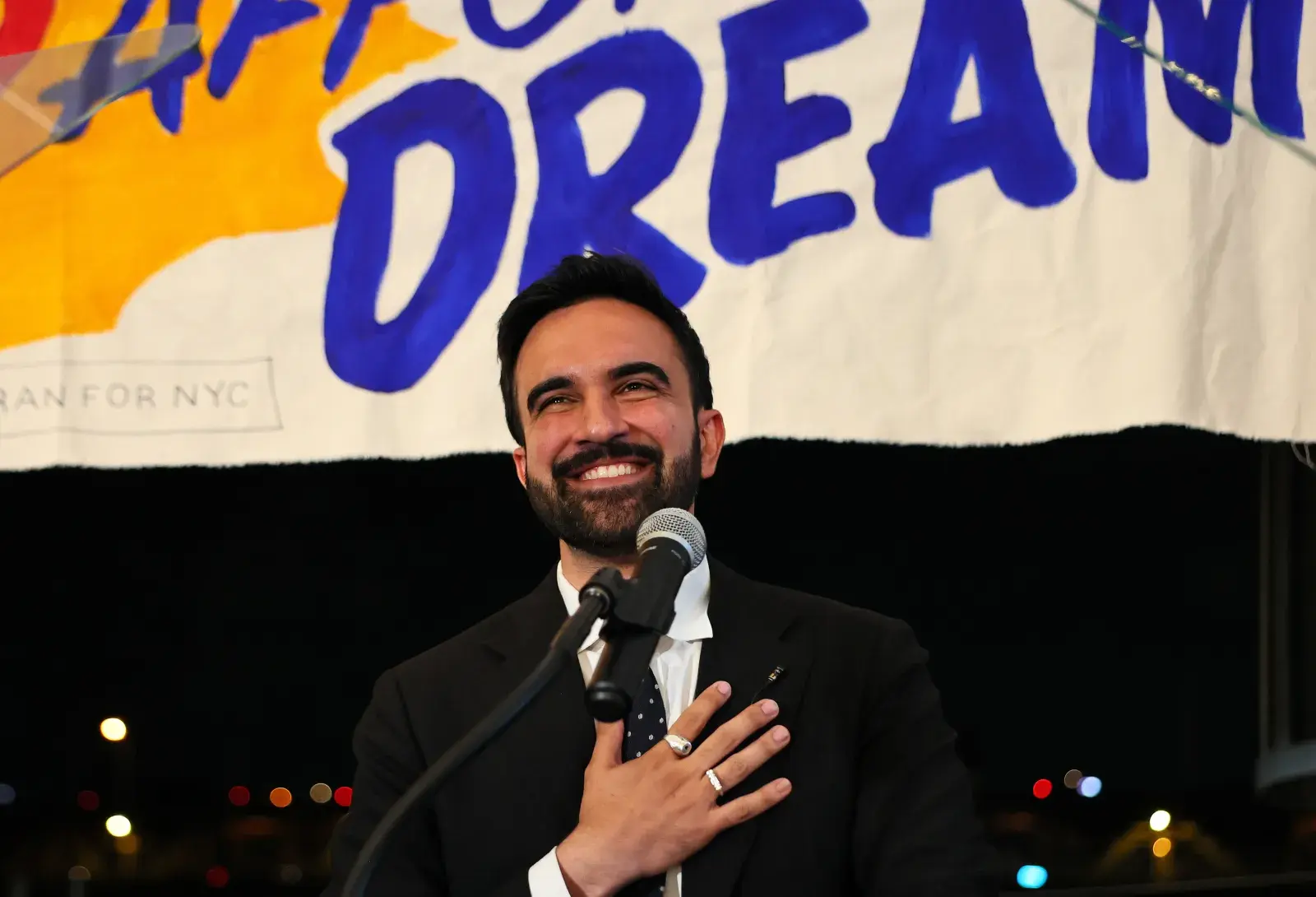The United Nations' human rights chief has warned the U.S. that strikes on what it says are drugs boats in the Caribbean Sea and eastern Pacific Ocean are "unacceptable" violations of international law and must stop.
Volker Türk, the U.N. High Commissioner for Human Rights, called for an investigation into the U.S. Department of Defense’s counternarcotics task force carrying out vessel strikes on boats it says are associated with drug trafficking. The task force is aimed at stopping the flow of drugs into the U.S. by targeting ships believed to be carrying narcotics and DTO members.
"These attacks and their mounting human cost are unacceptable. The U.S. must halt such attacks and take all measures necessary to prevent the extrajudicial killing of people aboard these boats," said Ravina Shamdasani, a spokeswoman for Türk.
Türk believes “airstrikes by the United States of America on boats in the Caribbean and in the Pacific violate international human rights law,” Shamdasani added.
U.S. President Donald Trump has not yet responded to Türk, but previously argued the strikes are necessary to stop the flow of drugs into the U.S.
Newsweek contacted the Defense Department via email outside of regular office hours on Friday.

Why It Matters
The U.N.'s top human rights official denounciation adds a significant international legal and diplomatic dimension to a growing debate over the legality, proportionality and oversight of such operations.
Türk's remarks suggests pressure is building internationally for an independent investigation and for the United States to review its operational guidelines.
What To Know
U.S. Defense Secretary Pete Hegseth announced on Wednesday that the U.S. had carried out a military strike on a boat allegedly carrying drugs in the eastern Pacific Ocean, killing four people aboard.
This marked the fourteenth strike since the start of the campaign. As of October 31, the total death toll is at least 61, according to the Associated Press (AP).
Since October 10, the U.S. military has carried out at least nine strikes on boats labeled by American officials as drug trafficking vessels, particularly those associated with the Venezuelan gang Tren de Aragua (TdA), which Trump earlier designated a terrorist organization.
The U.S. claims the aim is to disrupt transnational narcotics routes to the United States. The nationality and precise status of all casualties have not been disclosed and questions persist about possible civilian harm.
Shamdasani said countries have long agreed that the fight against illicit drug trafficking is a law-enforcement matter governed by “careful limits” placed on the use of lethal force, the AP reported.
The operations have drawn sharp condemnation from some U.S. lawmakers, Venezuelan and Colombian officials, international human rights groups, and now the United Nations.
What People Are Saying
Hegseth said in a post on X on Wednesday: "The Western Hemisphere is no longer a safe haven for narco-terrorists bringing drugs to our shores to poison Americans. The Department of War will continue to hunt them down and eliminate them wherever they operate."
Venezuelan President Nicolás Maduro recently said at a press conference: "The people of the United States know it, they are inventing a new eternal war. They promised they would never get involved in another war, and now they are inventing a war that we are going to prevent. How? By mobilizing the peoples of South America."
Democratic Senator Ruben Gallego of Arizona told last Sunday's Meet the Press: "These actions are not counter-narcotics—this is sanctioned murder, and the consistent killing of people without due process has to stop."
What Happens Next
Democratic and Republican lawmakers in Congress have called for increased oversight of anti-drug military operations and are likely to introduce measures to require stricter accountability for lethal force used abroad.
This article includes reporting by The Associated Press.





















